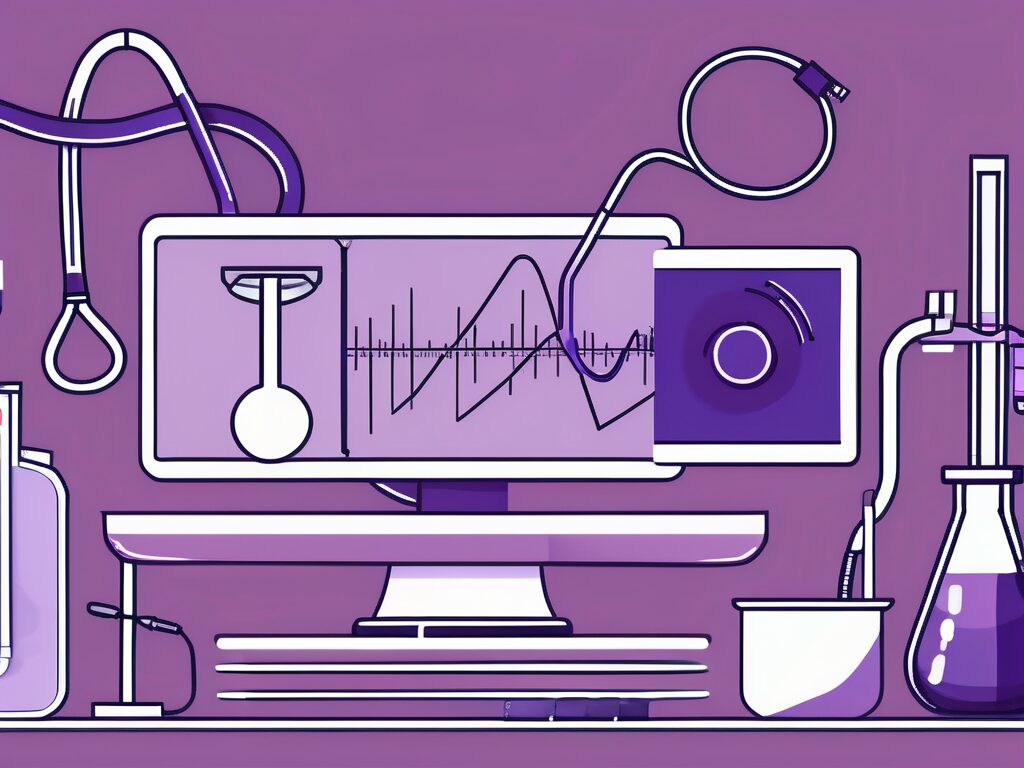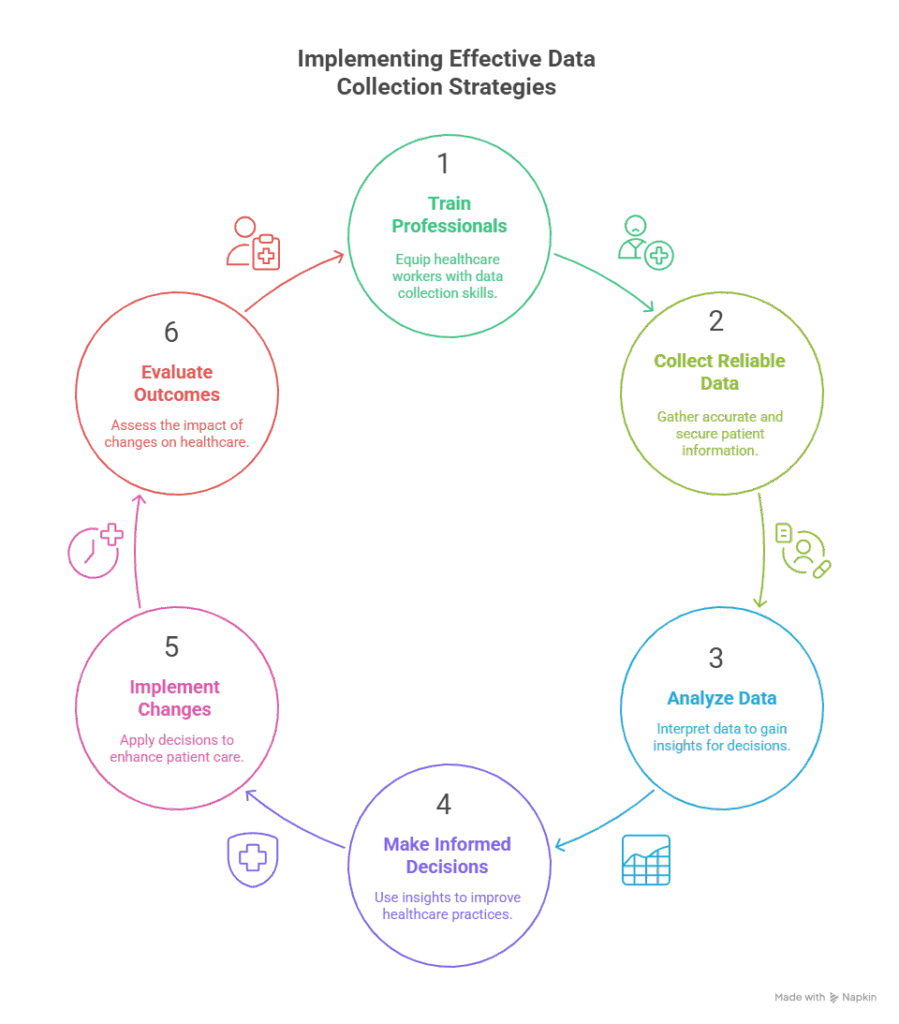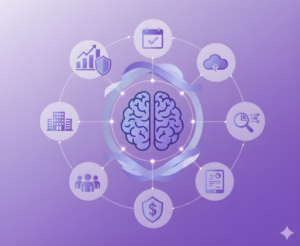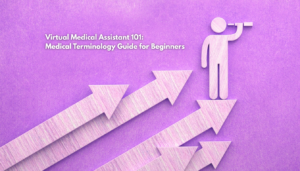Healthcare Data Collection: Transforming Patient Care with Methods and Tools
02 May 2024 By: Mary Dellosa
Updated
Healthcare data collection is the systematic process of gathering, recording, and analyzing information from various sources like medical records, patient surveys, and wearable devices. This information is essential for tracking treatment outcomes, identifying disease trends, and ensuring that medical resources are distributed fairly across different communities. For example, a hospital might collect and analyze real-time data from heart rate monitors to detect early signs of patient distress and prevent emergencies before they happen.
In my years working within clinical settings, I’ve seen firsthand how a single piece of missing information can delay a diagnosis or complicate a treatment plan. Relying on disorganized paper files often led to frustration for both our staff and the patients who just wanted answers. In this article, I will explain the most effective methods for gathering clinical information and the specific technology tools you can use to ensure your data is both accurate and secure.

Why is data collection important in healthcare?
Most organizations are significantly influenced by the importance of data collection in healthcare. It supports the standard of patient care and improves operational efficiency. Healthcare professionals who conduct research collect data in order to identify health impacts and responding to them. Mapping data patterns, they are able to strategize director efforts and to supply resources where needed with an ultimate purpose of assisting all people involved.
The Role of Data in Healthcare Decision Making
Data is fundamental to the informed healthcare choices, because it is provides evidence for therapy selection and care resource management, in particular. Decisions based on data have good impact on the curative process, since they are evidence-based. Therefore, this approach will improve the patients’ outcomes. First, data address the inequality in the quality of care by arranging the initiatives that inspect this deeply relevant issue and find ways to improve the situation.
Improving Patient Outcomes through Data
Data collection in healthcare shows patient outcomes and experience. Monitoring satisfaction helps healthcare workers provide better care. Real-time feedback allows quick issue resolution. Patient-reported outcomes boost patient involvement.
Data collection also drives research and care improvements. Analyzing large datasets reveals trends and risks, leading to new treatments. It supports fair healthcare for all communities, ensuring equal access.
Different Methods of Data Collection in Healthcare
Data collection in healthcare varies based on needs. Data collection tools in healthcare such as Electronic Health Records (EHRs) and patient surveys offer important insights but also come with their own sets of pros and cons.
Electronic Health Records (EHRs)
Electronic Health Records (EHRs) have simplified healthcare by storing all patient information in one electronic database. This results in direct access to records, which makes disease management less demanding. The EHRs allow the sharing of data between healthcare organizations, which in turn boosts the coordinated care success. Through applicable and authentic data, EHRs advocates patient safety and outcome of health.
Related Article: 7 EHR efficiency strategies to reduce documentation time
Electronic Health Records (EHRs) do more than just store data. They provide doctors with immediate access to essential information like past medical history and lab results. For example, ScienceSoft delivered an iOS app integrated with a custom EHR for a US healthcare provider, enabling clinicians to access patient records and securely collect data by logging time, capturing medical images, and scanning documents during hospital rounds. This ensures care quality to be evident by helping doctors to make accurate decisions that are based on the latest data. Moreover, EHRs make big data available for researchers in order to help identify trends and develop effective methods of medical treatment.
Patient Surveys and Feedback
Patient surveys assess care quality and highlight needed changes, focusing on patient-provider interactions. Feedback personalizes care and builds rapport, revealing communication gaps and concerns.
Challenges in Healthcare Data Collection
The collection of data in healthcare is associated with significant challenges including keeping privacy, holding security, and maintaining quality and consistency. Handling these matters becomes a key for data management and ethics.
Healthcare data collection is crucial for improving patient treatment, research, and policy-making. Nevertheless, it faces hurdles by safeguarding privacy, increasing data sharing, and processing large data volumes. Addressing these challenges is necessary to employ data to advance patient results and research.
Data Privacy and Security Concerns
Healthcare should ensure that patient information is highly confidential and securely stored. Companies are obliged to develop strong security measures to avoid data breaches caused either by internal or external actors. Complying withstrict privacy laws like HIPAA becomes a necessity. Without doubt, trust in data handling is a key issue that helps collect data successfully. Implementing solutions like MFT for compliance helps ensure secure data handling and transfer while maintaining adherence to regulatory standards.
Among the advanced methods used in healthcare analytics, the data abstraction process plays a critical role in transforming raw clinical records into actionable insights. By systematically extracting key information from patient charts and medical documents, healthcare organizations can enhance data quality, enable accurate performance benchmarking, and support improvements in patient outcomes. Integrating proven strategies from specialists focused on data abstraction can further drive quality initiatives and elevate care standards.

With the rise in cyber threats and data breaches in health-care, safeguarding data and improving security becomes essential. Utilizing encryption, multi-factor authentication, and routine audits are the key tasks. Corresponding with cybersecurity specialists and the application of new technologies are also among the methods that ensure personal information of the patients are safe.
Issues of Data Quality and Consistency
High-quality data is crucial in healthcare. Inaccurate data leads to bad decisions, so standard methods and regular audits are essential. Proper training boosts accuracy. Implementing global laboratory standards for data accuracy can enhance these efforts and ensure better outcomes.
Data analytics improves data collection methods in healthcare. Automation for validation, cleaning, and sorting enhances quality. Strong data management ensures reliable decision-making.
The Future of Data Collection in Healthcare
The healthcare industry evolves with new tech, enhancing patient data collection. Smartwatches and trackers enable personalized care through continuous monitoring.
Wearables and remote data collection tools in healthcare let patients track health at home. Reducing hospital visits. Devices like a rugged smart watch can withstand harsh environments while delivering real-time health metrics such as blood pressure, glucose, and heart rate, making them ideal for both clinical use and patient monitoring.
The Impact of Technology on Patient Data Collection
Patient portals are reshaping healthcare by giving patients online access to their medical records and test results, and letting them chat directly with their providers. This involvement helps patients actively engage in their healthcare decisions, improving data quality and teamwork with healthcare staff. For those navigating Medicare options, the Healthpilot website offers a user-friendly platform to explore plans, further empowering patients to manage their healthcare choices effectively.
Predictive Analytics and Big Data in Healthcare
As healthcare data grows, predictive analytics and big data are vital. They forecast health outcomes, spot warning signs, and optimize resources for better care. Hospitals use big data to analyze records and trends, creating targeted treatments. Tech like wearables and patient portals transform data use, boosting care and reforming healthcare delivery.
How to improve data collection in healthcare?
Successful data collection is one of the keys for the right judgements in health care. To deliver top-notch healthcare, we should conduct trainings meticulously and carry out a culture oriented to fact-based solutions.

Training and Education for Healthcare Professionals
Training healthcare professionals and virtual medical assistants in data collection methods in healthcare is a must-have. They should have the knowledge to collect true and reliable data. Training is designed to teach secure and private data handling and collection methods. Regular updates help workers learn the best practices and appreciate the importance of making decisions based on data.
Establishing a Culture of Data-Driven Decision Making
Data-driven decisions are crucial in healthcare. Strong leadership and communication ensure quality care. Effective data use enhances patient care, outcomes, and decisions. Embracing new technologies and diverse methods leads to better healthcare and continuous improvement.
Trending Now
The World Health Organization has introduced a comprehensive tool, the Health Inequality Data Repository, aimed at tracking health disparities globally. This database captures a wide array of data on health outcomes influenced by various socio-economic factors. It highlights crucial trends, like the shrinking healthcare service gap in poorer regions and the need for more precise health interventions. Despite its extensive data, the repository reveals significant gaps, especially in the diversity of data available, underscoring the ongoing challenge in achieving thorough health equity monitoring.
Despite fewer healthcare data breaches in 2023, their impact has grown, affecting 40 million Americans. Hackers are focusing on targeted ransomware attacks, causing high financial costs. Experts recommend stronger security measures like multi-factor authentication and ongoing training to safeguard data.
FAQ
Why is data collection so important in healthcare?
Data collection matters because it helps healthcare teams understand what is really happening with patients, treatments, and overall care quality. When data is clear and accurate, providers can make informed decisions, spot trends earlier, and direct resources where they are needed most. Good data leads to better outcomes because it gives a true picture of what patients experience every day.
What are the most common healthcare data collection methods?
Healthcare uses several methods depending on the goal. Electronic Health Records give providers a full view of a patient’s medical history. Patient surveys reveal communication gaps and areas that need improvement. Wearables track real-time health data right from a patient’s home. Each method has strengths, and using them together helps build a complete, accurate picture of patient health.
What are the main challenges in collecting healthcare data?
Healthcare data collection faces big challenges such as privacy risks, inconsistent data quality, and the pressure of managing huge amounts of information. Protecting patient privacy requires strong security measures. Ensuring accuracy demands proper training and regular audits. As data grows rapidly, organizations must stay ahead with better tools and cleaner workflows to keep everything reliable.
How does technology improve data collection in healthcare?
Technology makes data collection faster, more accurate, and more patient-centered. Tools like wearables, remote monitoring devices, and patient portals give providers a steady stream of real-time information. Predictive analytics helps spot risks before they escalate. These technologies support personalized care and make it easier for patients to stay involved in their health.
How can healthcare organizations improve their data collection practices?
mproving data collection starts with training. Healthcare professionals and virtual medical assistants need clear knowledge on how to gather, store, and interpret data safely. Teams also benefit from a culture that values data-driven decision making. When leadership encourages transparency, continuous training, and the use of modern tools, data becomes more accurate and useful for improving patient care.
Conclusion
Improving healthcare data collection and fostering a data-driven culture doesn’t have to be a solo effort. HelpSquad BPO offers professional virtual assistants and customer service agents to help with back-office tasks, data management, and patient inquiries. We will help your organization operate more smoothly and effectively. Try us out today and see how we can enhance your data efforts and improve patient care.


